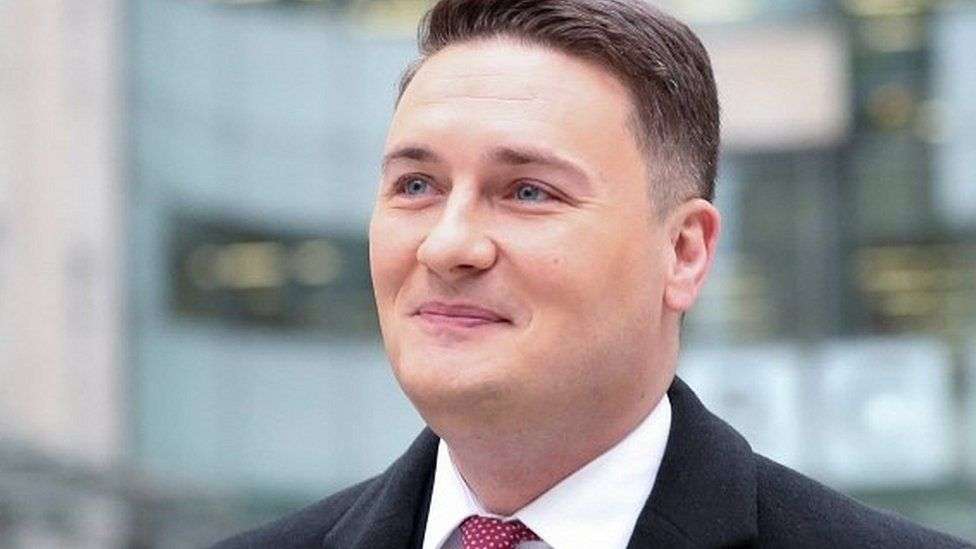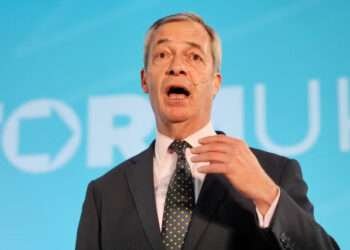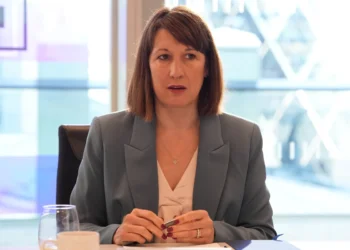Junior doctors in England have initiated their 11th strike today, continuing their prolonged protest over pay.
The British Medical Association (BMA) union is facing internal dissent, with some senior members labeling the strike as “pointless” and “naive,” especially with the general election just around the corner.
Labour, anticipated to take power by next Friday, had requested the union to cancel the strike, fearing it could backfire politically.
Approximately 25,000 junior doctors are expected to join the five-day strike, which began at 7 am today and will continue until the same time next Tuesday, July 2.
This latest action brings the total number of strike days to 44 since the junior doctors first walked out in March 2023, demanding a 35% pay rise.
The previous ten strikes have had a significant impact on the NHS, forcing the cancellation of 1.4 million outpatient appointments and operations and costing £1.7 billion to mitigate the disruption.
NHS England is bracing for even greater disruption over the next five days, exacerbated by heat-related health issues straining many services.
“This new round of strike action will again hit the NHS very hard,” said Professor Stephen Powis, NHS England’s national medical director.
In a notable exception, registrars — junior doctors just below consultant level — will continue to provide cancer care at hospitals in London affected by a Russian cyber-attack.
This exemption was agreed upon after NHS England requested the BMA to allow these doctors to work during the strike.
Despite this, some BMA council members argue that the strike will not achieve its aims and will only add to the existing pressures on hospitals.
“I and none of the doctors I work with can understand what the strike is hoping to achieve. There’s no government to negotiate with. And the opposition health secretary has declared it will be his first priority in office to rectify it and called on the [junior doctors] to cancel it.”
BMA member
Another council member highlighted the timing issue, “There is a lot of concern about having a strike just before the election, and support [for juniors’ strikes among consultants and GPs] is waning.”
Picketing To Occur In Major Cities
Today, June 27, junior doctors will picket hospitals across England, including in major cities like London, Birmingham, Nottingham, and Liverpool.
They will also protest outside Friarage Hospital in North Yorkshire, near the Prime Minister’s Richmond constituency office, and stage a rally outside Downing Street this afternoon.
The junior doctors are pushing for a 35% pay increase, which they argue is necessary to restore the 26.2% decline in the value of their salaries since 2008-09.
Leaders of the BMA’s Junior Doctors Committee (JDC) have indicated the possibility of further strikes this summer if the next government does not engage in timely negotiations.
In recent months, the JDC suggested they would accept significant progress towards their pay restoration goal even if it is phased in over several years.
This has sparked cautious optimism that the lengthy and highly disruptive dispute might be nearing a resolution.
Shadow Health Secretary Wes Streeting remarked that increasing junior doctors’ pay should be seen as “a journey not an event.”

He also stated that he would not endorse a 35% rise, cautioning that such a move would prompt other trade unions to demand similar increases for their members.
As such, as the junior doctors’ strike unfolds, the NHS and the public brace for another wave of disruption.
The resolution of this pay dispute remains uncertain, hinging on the actions of the next government and the ongoing negotiations between the BMA and political leaders.
READ ALSO: Former NDC MP Denies Allegations of Owning Properties in Dubai





















